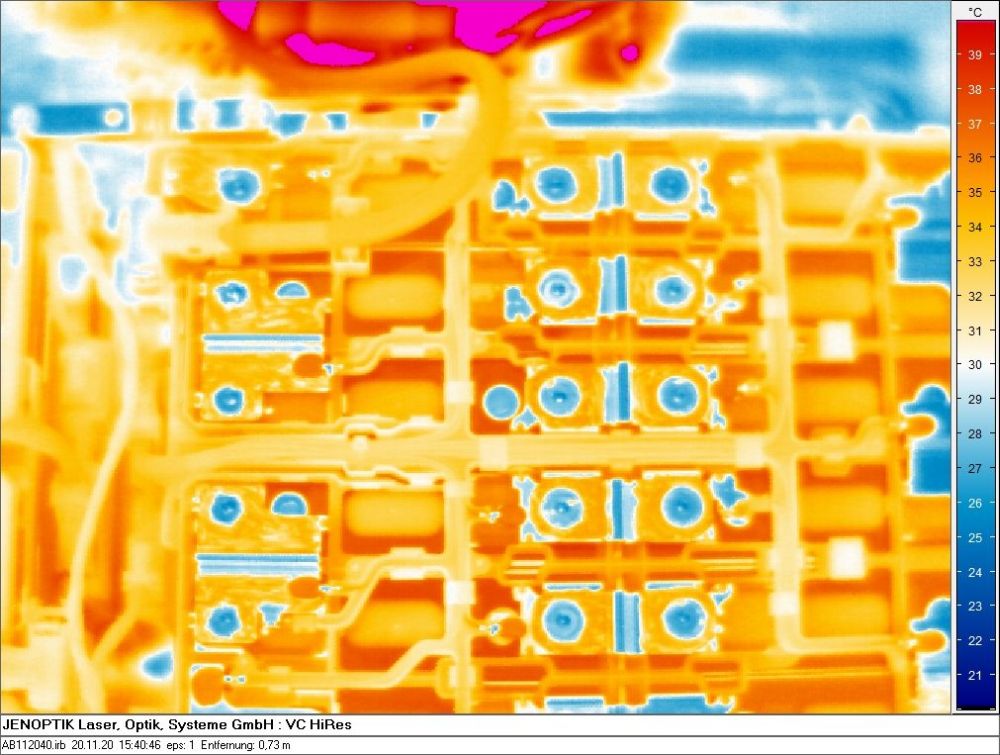| Duration: | 08/2022 - 07/2025 |
| Contracting Authority/ Sponsors: | Federal Ministry for Economic Affairs and Climate Action (BMWK) |
| Project Partners: | EnBW AG |
| Project Focus: |
ResHy – Resource-Saving Hybrid Battery - Construction, Integration and Operational Optimization
The aims of the »ResHy« project are to develop a system solution for integrating a hybrid energy storage system into a ground-mounted photovoltaic system and to optimize its operation. This hybrid storage system will consist of a sodium-ion battery system and a »2nd-life« lithium-ion battery system, consisting of used vehicle batteries, and will be implemented in a ground-mounted PV system with approx. 50 MWp planned by EnBW AG near Gundelsheim (BW). The performance and ageing behavior of the two battery technologies will be examined in detail under real operating conditions. These results will be used to optimize the operational management strategies of the innovative energy management system developed as part of this project.
Stationary energy storage systems are becoming increasingly important due to the increased use of fluctuating renewable energies.
From an ecological and economic point of view, it makes sense to build battery storage systems from sustainable materials wherever possible and to use conventional batteries for as long as possible.
By combining a sodium-ion battery and a lithium-ion battery, consisting of used vehicle batteries, to form a hybrid storage system, the ResHy project is making a significant contribution to the sustainability and longest possible service life of energy storage systems. The sodium-ion battery is used for the short-term provision of greater power, especially at low temperatures, and the lithium-ion battery is used for the provision of larger amounts of energy.
In the project, the battery systems are initially characterized electrically and thermally and their ageing behaviour is analysed. In addition, ageing models are being developed for both technologies and validated using measurement data. Based on these models, service life forecasts can be created and the performance and ageing behavior can be optimized through adapted operational management.
An innovative energy management system (EMS) with optimized operational management strategies adapted to the two battery technologies is being developed for the integration of hybrid storage in ground-mounted PV systems.
This EMS uses the battery models developed as a »digital twin« for both storage systems and is also able to adapt operating parameters to changing system conditions.
As part of this project, the hybrid storage system will be implemented in a planned ground-mounted PV system of EnBW AG near Gundelsheim (BW) with approx. 50 MWp.
In demonstration operation, key findings are to be gained with regard to the functionality of the developed energy management system as well as the system behavior of the hybrid storage system and the aging behavior of the battery technologies used under real operating conditions. The »predictive maintenance« functionality of the energy management system enables technical problems to be detected in good time and allows storage components to be replaced before they fail. A life cycle analysis for the hybrid storage concept and the battery technologies used is also being carried out as part of this project.
